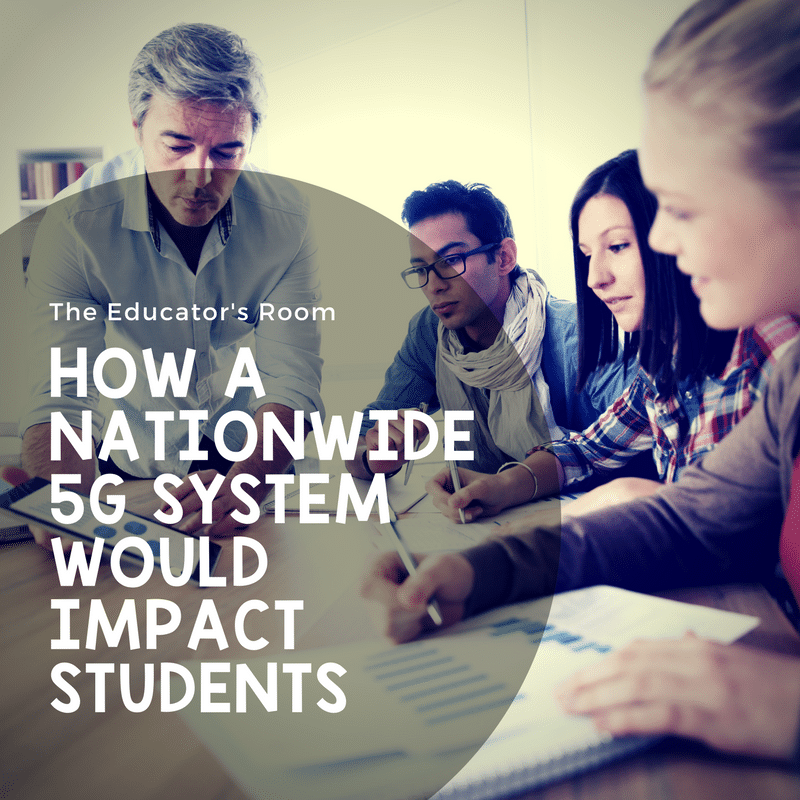On June 29, 1956, President Dwight D. Eisenhower signed the Federal-Aid Highway Act, creating a “national system of interstate and defense highways.” The work to create a national system of highways, now something we seemingly take for granted, was nearly an unprecedented public first waged by President Franklin D. Roosevelt with a bill of the same name in 1938. However, in the 18 years between, only 6,500 of the 40,000 planned miles were completed. Eisenhower, in his second State of the Union Address, declared a national highway system as something “to protect the vital interest of every citizen in a safe and adequate” manner, while also creating a superhighway for commerce.
One of my favorite quotes is from historian George Santayana, who says “history doesn’t repeat itself, but it often rhymes.”
In some instances, President Donald J. Trump’s Second Inaugural is, according to news organization Axios, purportedly tackling a similar rhyme – a government-run Internet superhighway, called the 5G.
As a citizen, there are so many questions yet to be answered regarding this plan, namely “is it true?” and “what would it look like?” But, as a teacher, I’m always wondering – how would this 5G network impact our nation’s students?
THE GOOD:
- Access to the greatest library in the world – as a poor kid growing up in rust-belt Pennsylvania, there weren’t many libraries for us to access quality sources. So when my mom pooled together the little money we had and bought us a computer in 1999, my brothers and I were constantly on it – not playing games, but reading about things we never knew. Imagine what giving 100 million who hardly have access to broadband services could do for our nation’s youth, including my alma mater high school, where I first taught, which was ranked “the 6th worst school district in Pennsylvania.”
- Faster speeds – it’s interesting to note that the nation who invented the Internet runs at a speed 25% that of South Korea. A nationwide 5G program would destroy that.
- The Internet is really expensive in America – According to Forbes, Americans pay, on average, $66 per month (114th place) for this substandard Internet. For some lower SES families, that’s too much to add to the grocery and heating bills.
- Government-protected information highway – When Eisenhower and Congress created the Interstate Superhighway, Americans knew they were getting 2 things out of it. First, they would have access to faster travel lanes to move for a daily commute or in the face of danger, like a coming hurricane. Second, in the face of attack, they knew the government would have access to a road system to quickly move material to and from locations that have been targeted or under attack.
- Bipartisan and citizen support – The idea of a national Internet is hardly a new one. It was supported in the late 90s by many IT gurus, and last promoted by President Obama. Faced with the choice between Comcast and Verizon or locally-controlled, government-sponsored Internet, voters in Colorado are wholeheartedly embracing the latter.
- The end of school days/failing? – It’s not a huge misrepresentation to think that, should every student be granted Internet access, that snow days will end. Students can simply access their class online and participate there, together. Likewise, students who are failing could be pushed harder with an online credit capture class, and, thus, keep up with their grade and ultimately graduate on time.
THE BAD:
- Eminent domain issues – Just like President Trump’s plan to build a wall along the Mexican border could cost billions in eminent domain costs, a nationwide 5G program could cost billions and be bogged down in the courts as private citizens seek to keep their property from being confiscated by the government.
- A lack of competition will beget a government monopoly – While most of us don’t mind our local water or sewer bills, it’d be interesting to see how the government bureaucracy could help decrease the cost of Internet.
- Increase in online, private charter schools – Probably the biggest unintended consequence of a 5G network would be the proliferation of online schools that grow to meet students at home instead of at the school door. U.S. News reports that approximately 6 million students are enrolled in at least some part-time classes, and that growth in the sector (at 3.9% in 2016) is leveling out, especially at for-profit schools. This could be the tip of the iceberg these firms would need to make a bigger play for students. Note: Why is this in “the bad” column? As a public school teacher, I don’t think public schools are for all students – but I do think they’re for most.
THE UGLY:
- Can any of these promises be met? It’s hard to put our faith in government, especially when our incredibly partisan climate alternates between the thought of it being a messiah or anti-Christ, dependent on who’s in power. Additionally, school teachers should learn from experiencing the No Child Left Behind Act that government promises are only as valid as those making – and funding – them.
- Government-regulation of speech – In countries where the Internet is nationalized, PC Mag reports the government routinely inserts itself with a regulation of speech. My travels in Turkey where I tried to search about Kurdish resistance or in China trying to search about the Tienanmen Square protests both proved fruitless like the information didn’t exist. We’d be running a fools’ errand to think that a government-controlled Internet wouldn’t usher in a similar era.
- The proliferation of an underground Internet – Efforts to fit rogues on the fringes of the Internet will certainly push these individuals to a similar place. Imagine if Chief of Staff Kelly or Twitter itself cut off the President from his regular tweets? Would we be foolish to think that the most powerful man in our country himself wouldn’t move to a place where his own words could still be heard?
Like many of our readers, I’m waiting to see what the proposal looks like. Whether it’ll be shared beyond the State of the Union Address remains to be seen.






